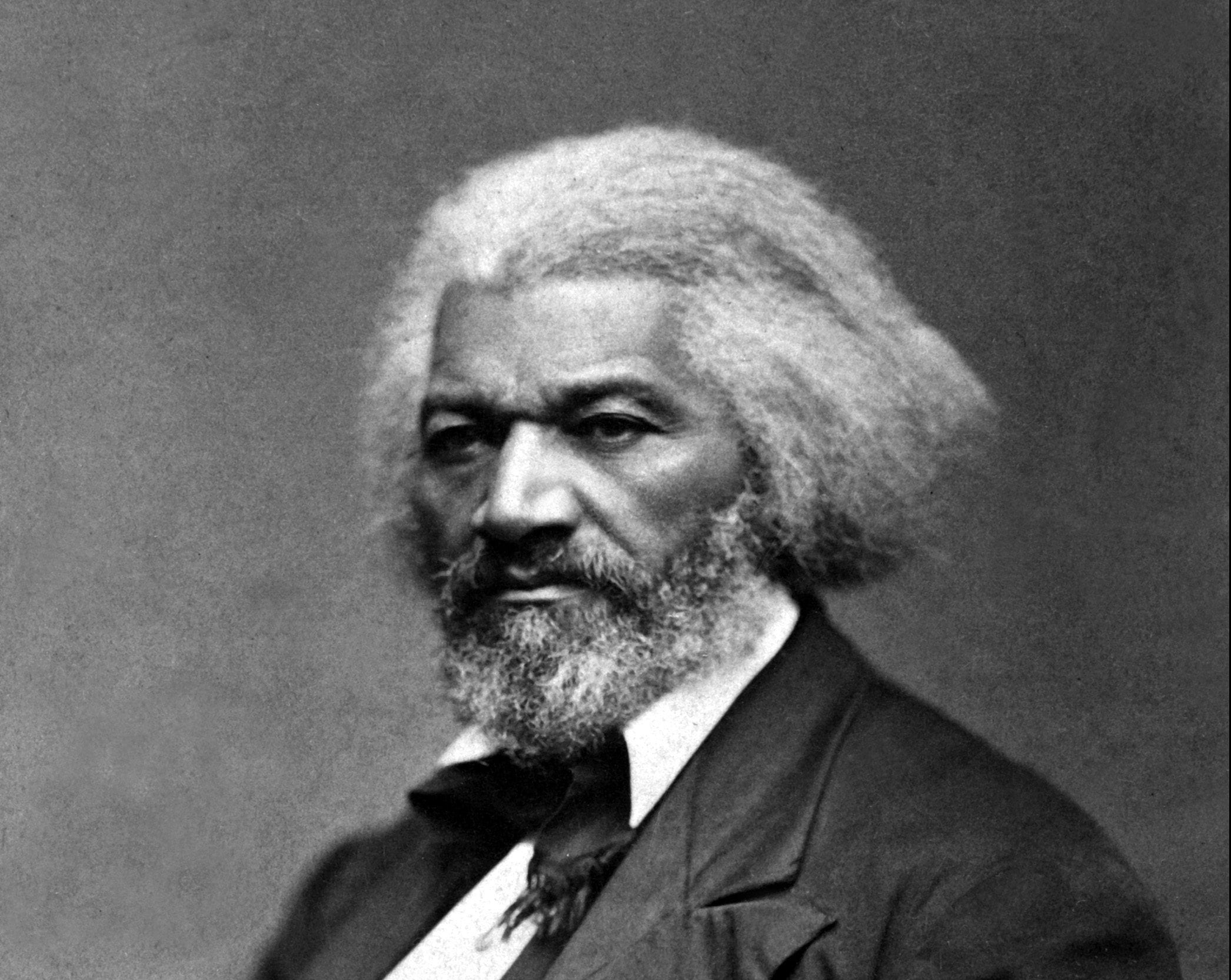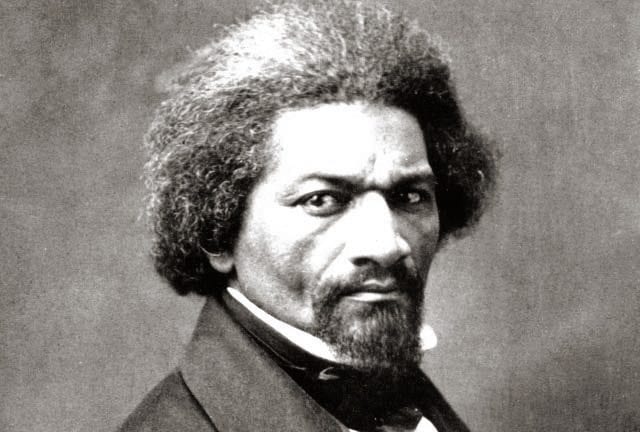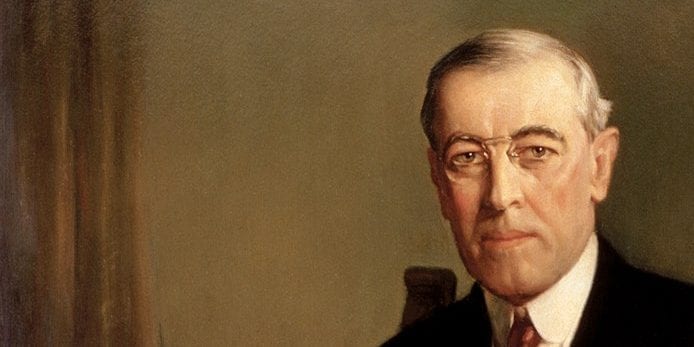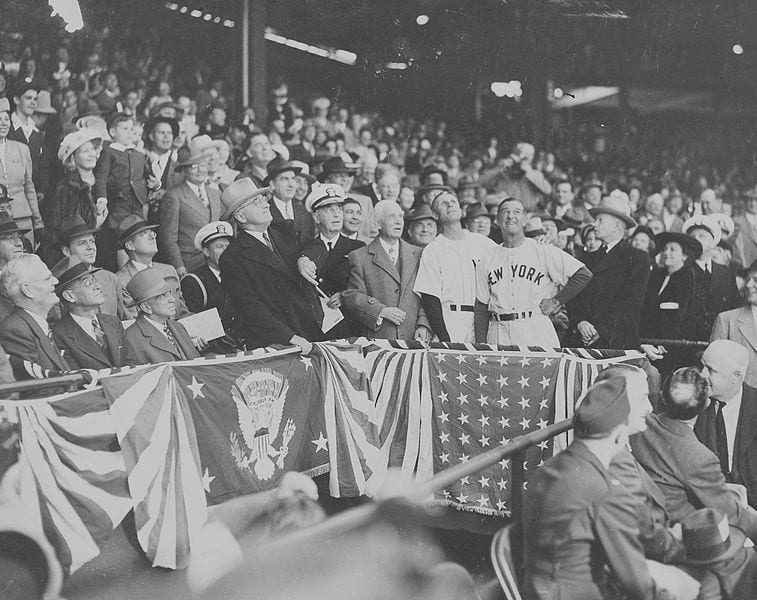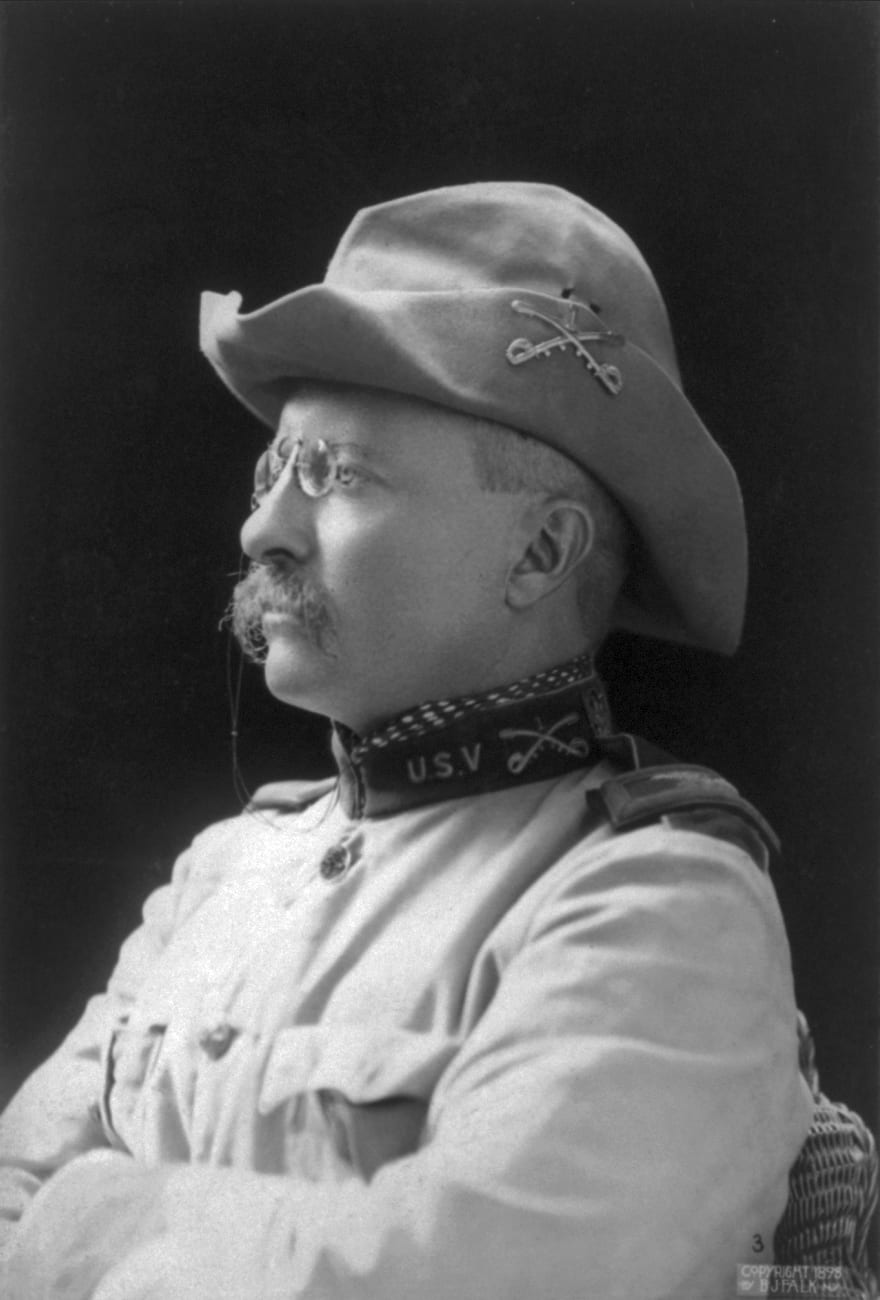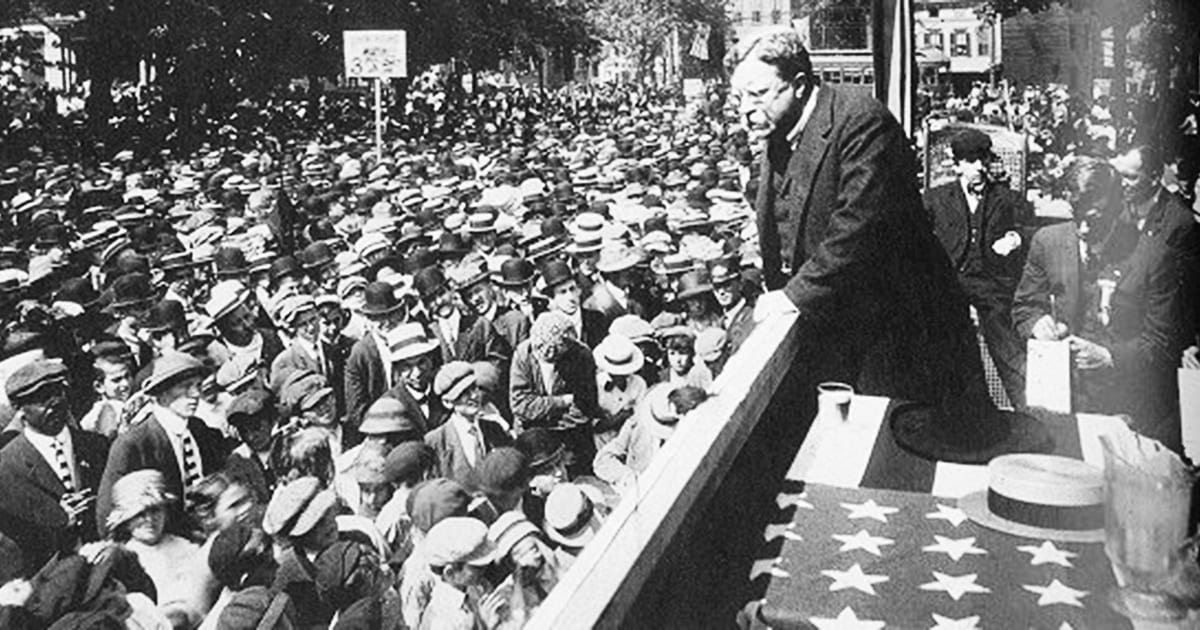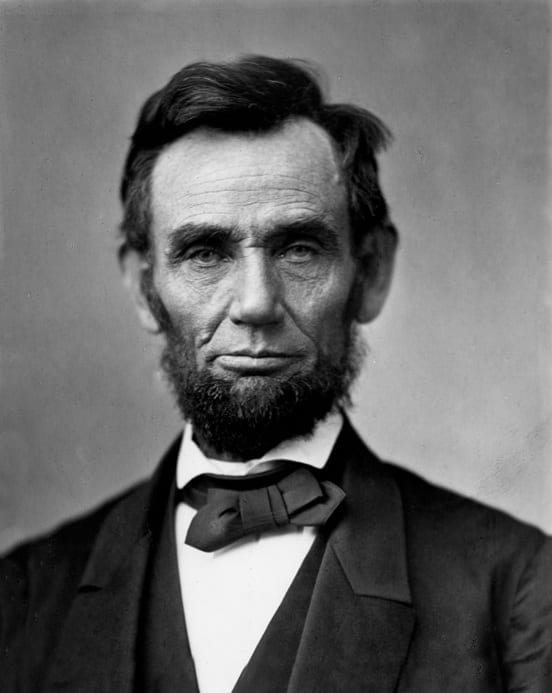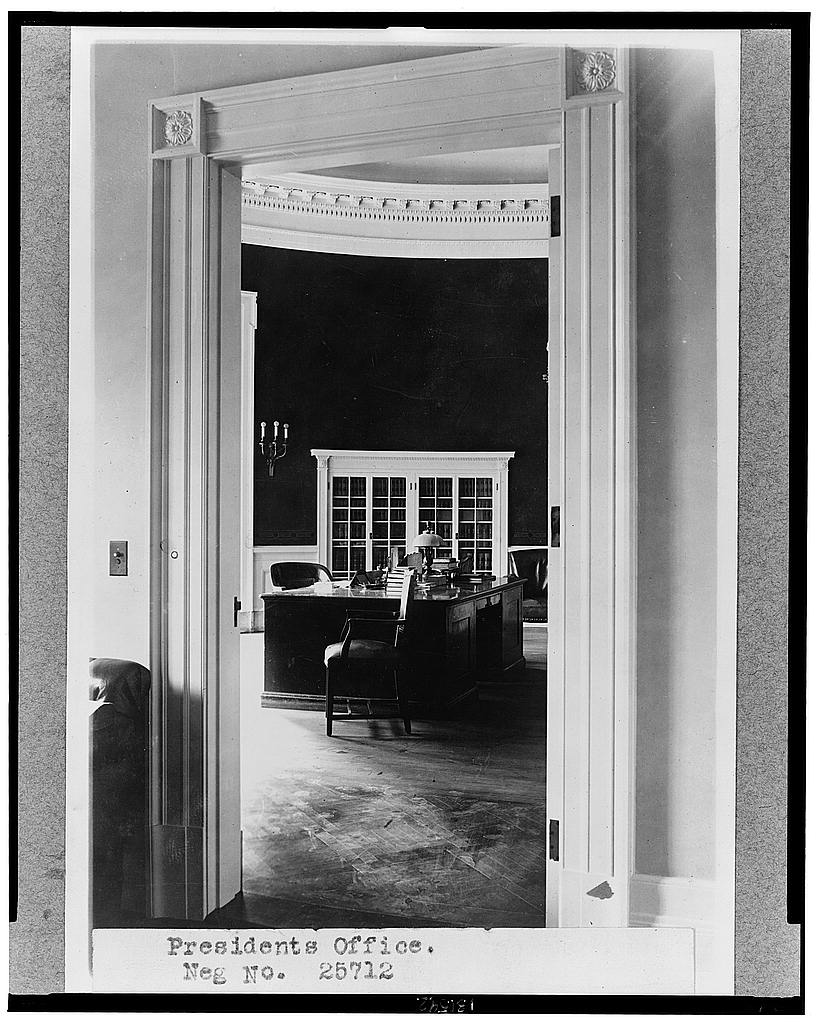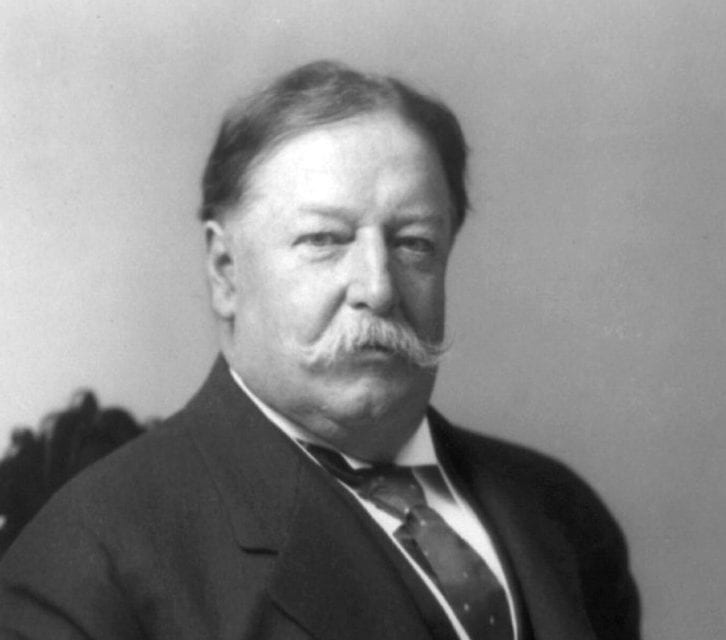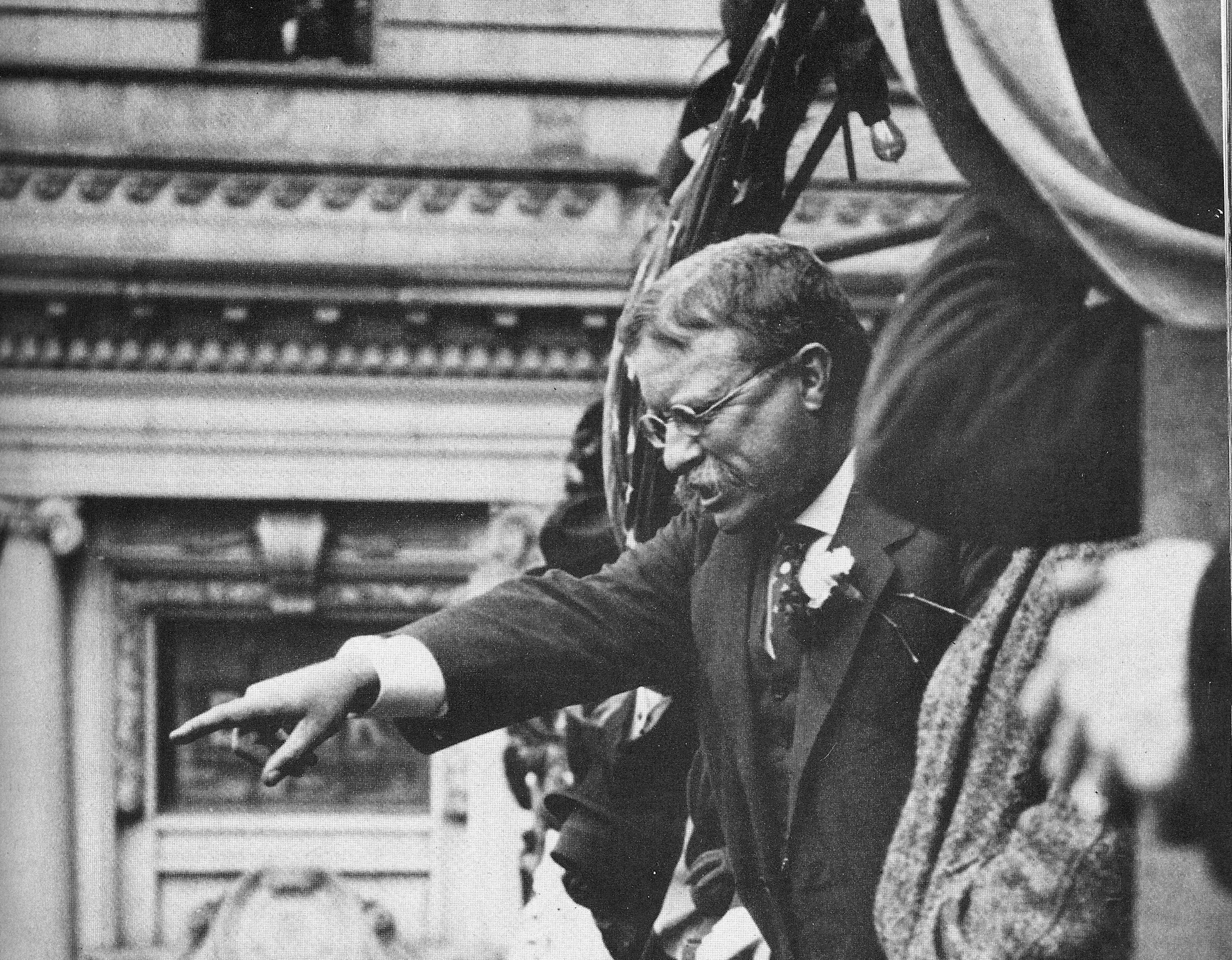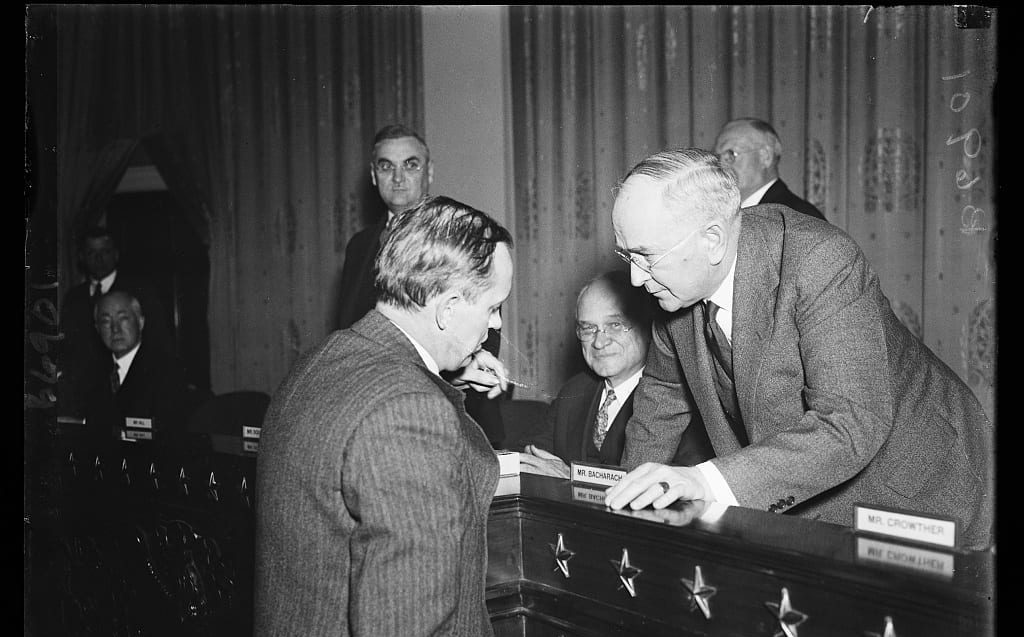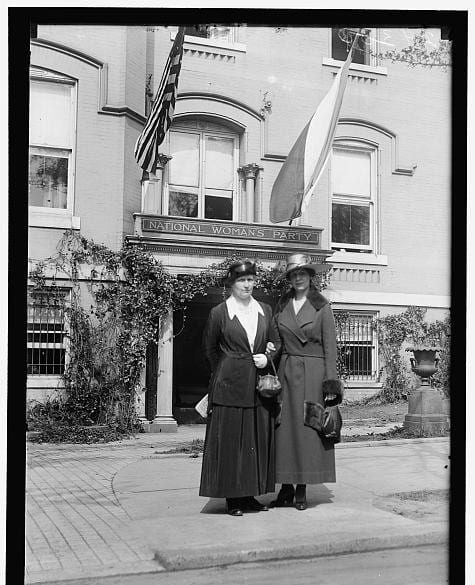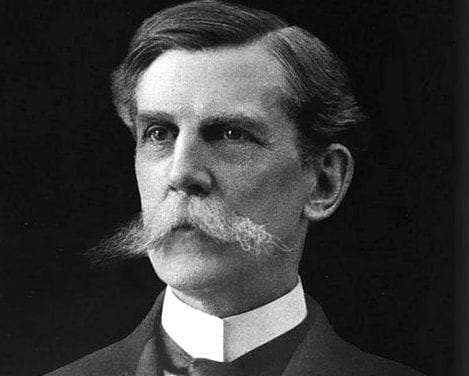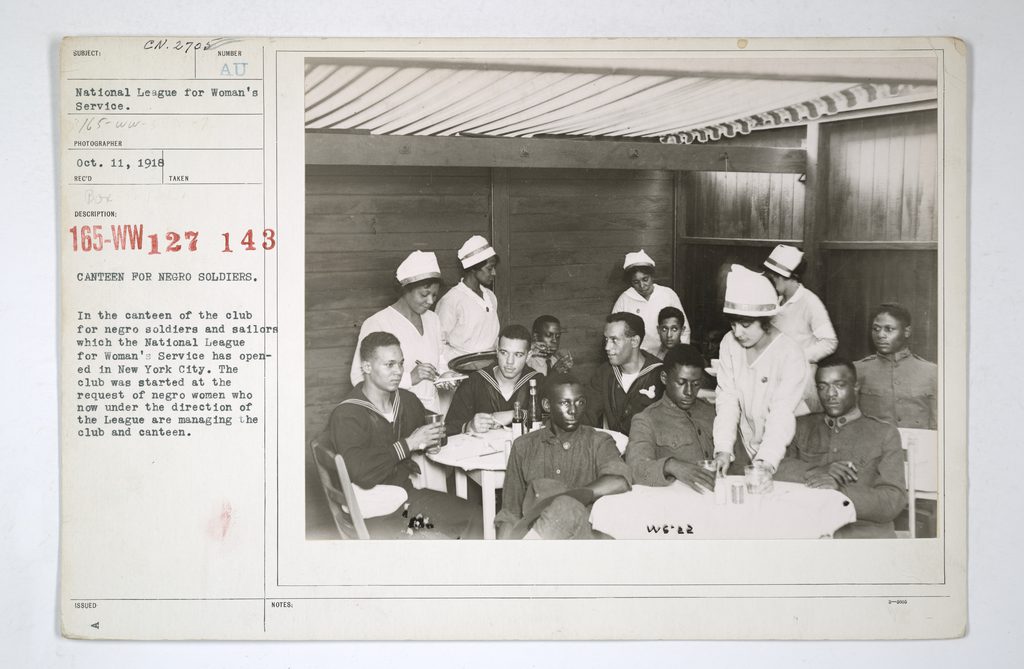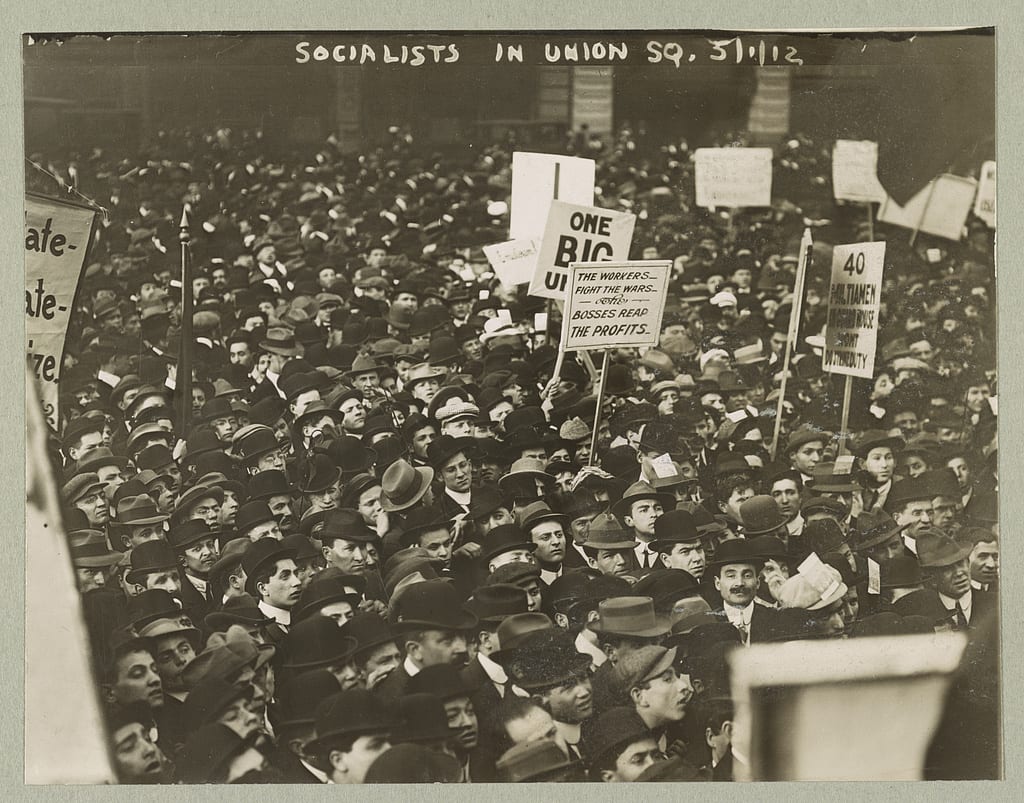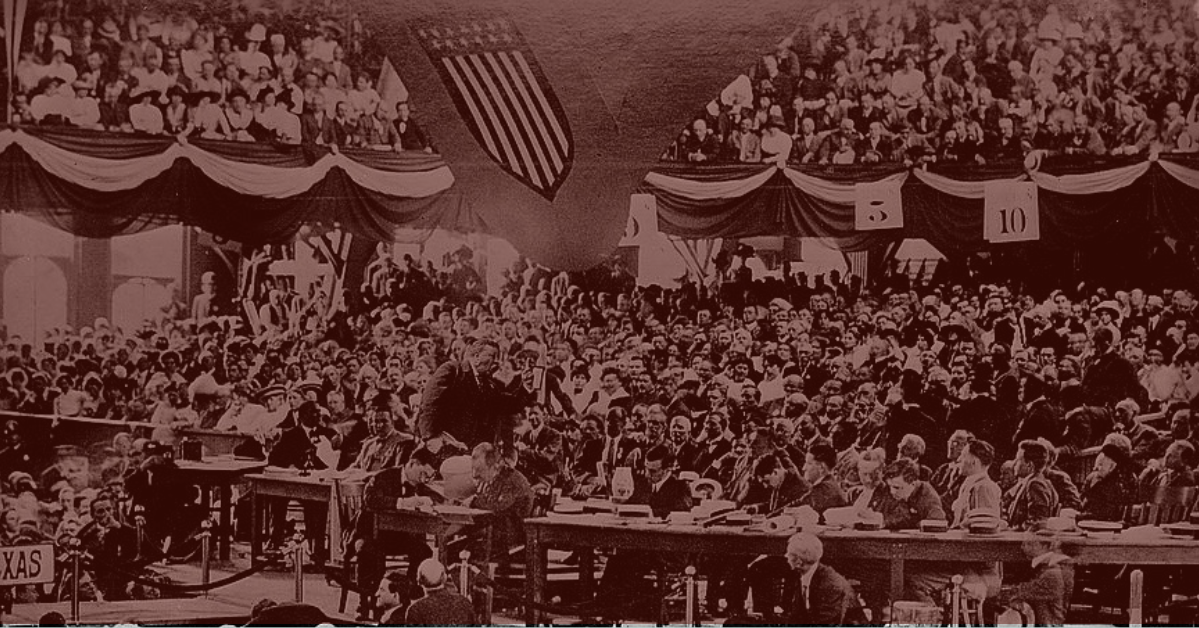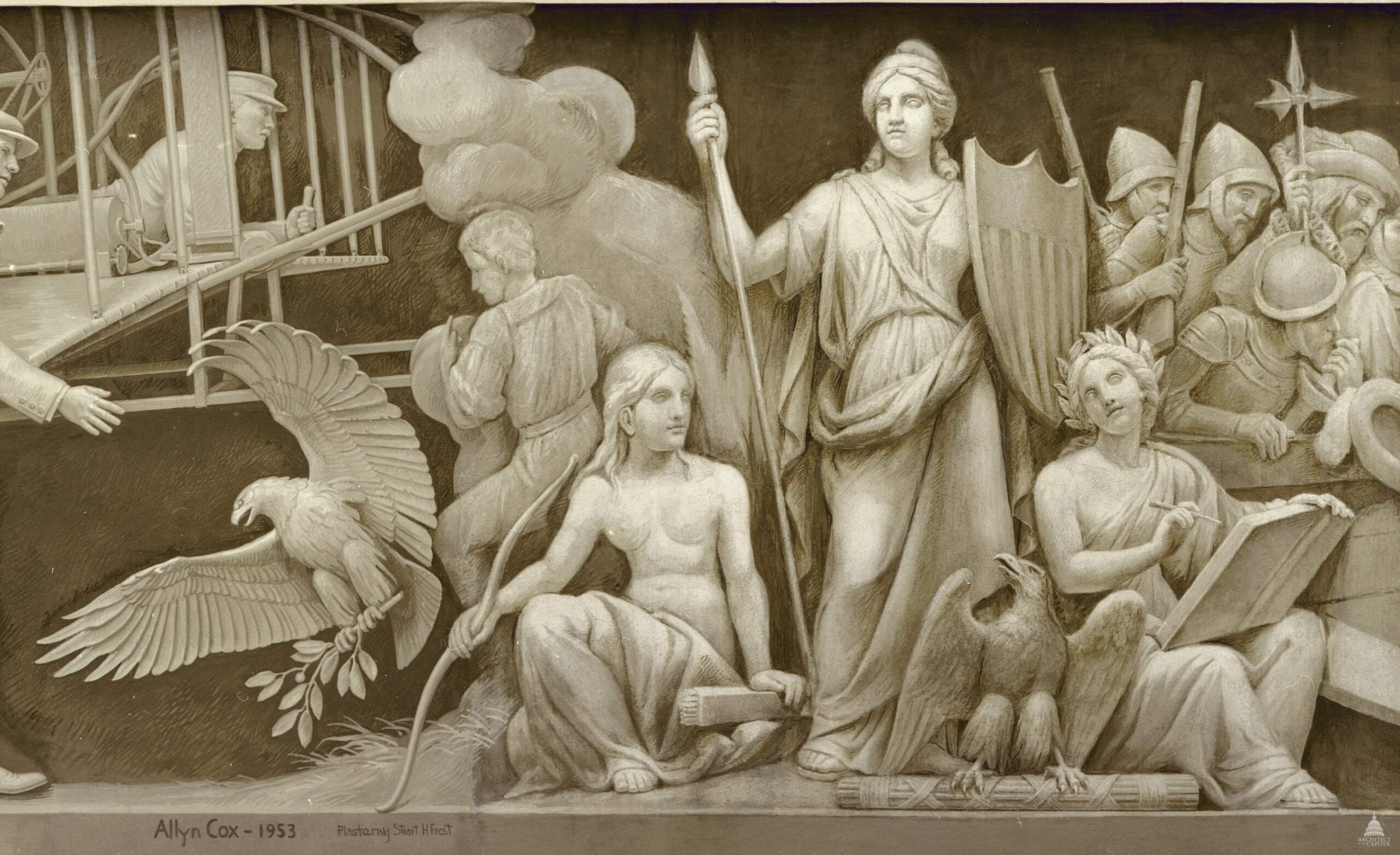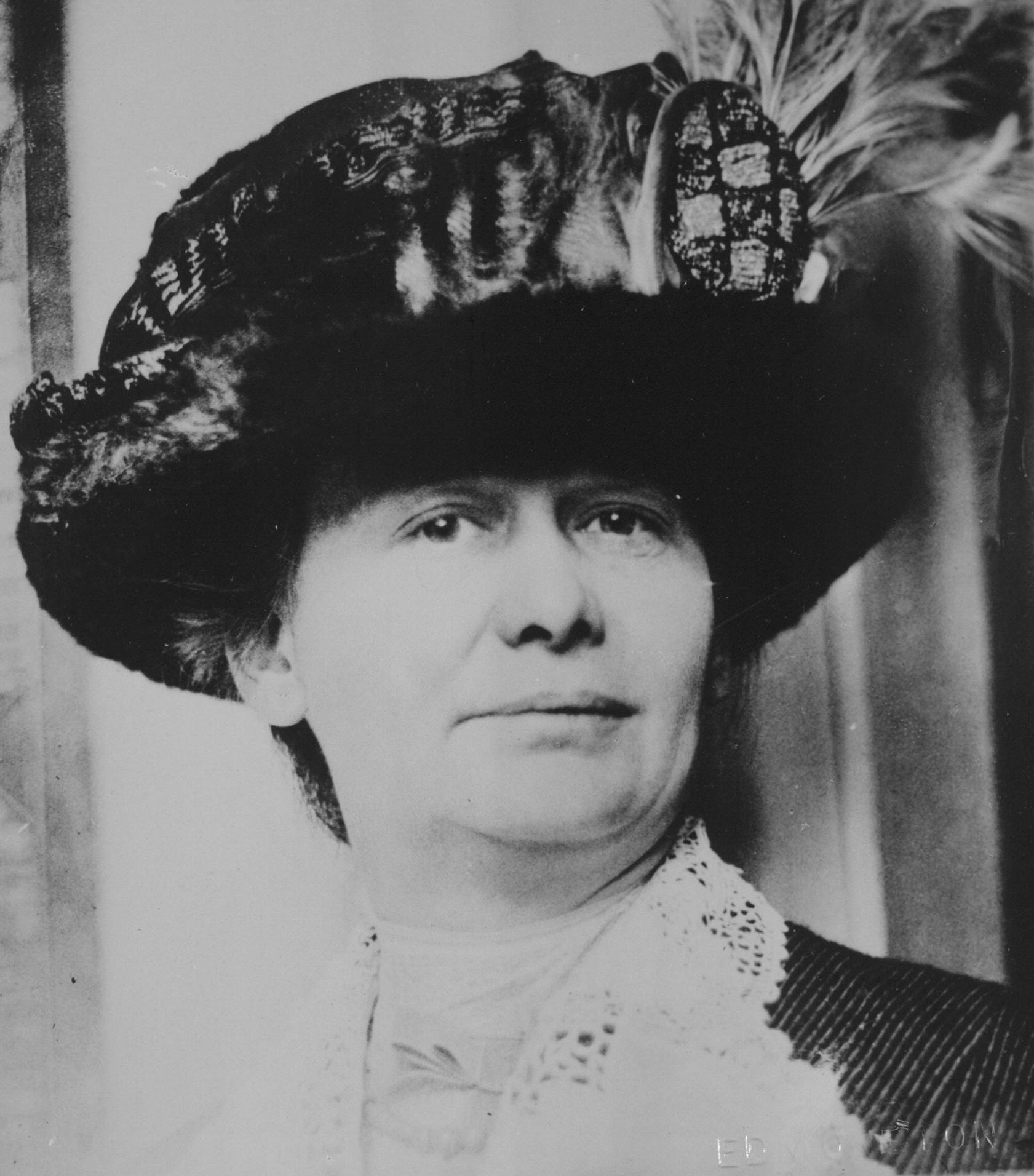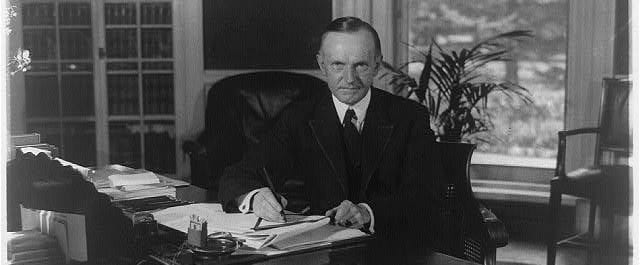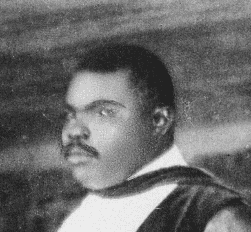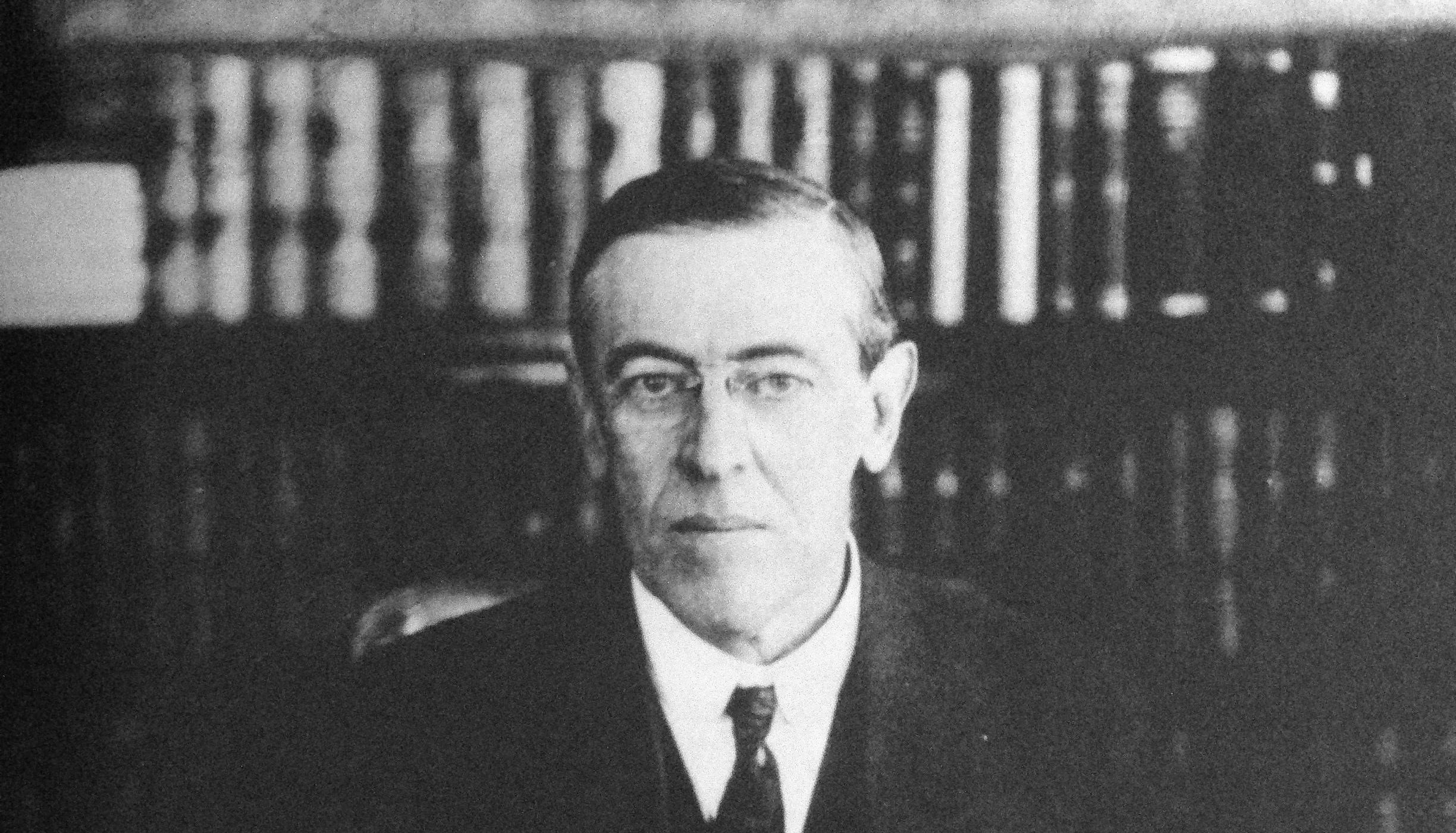
No study questions
No related resources
It makes a great deal of difference in the life of a race, as it does in the life of an individual, whether the world expects much or little of that individual or of that race. I suppose that every boy and every girl born in poverty have felt at some time in their lives the weight of the world against them. What the people in the communities did not expect them to do it was hard for them to convince themselves that they could do.
After I got so that I could read a little, I used to take a great deal of satisfaction in the lives of men who had risen by their own efforts from poverty to success. It is a great thing for a boy to be able to read books of that kind. It not only inspires him with the desire to do something and make something of his life, but it teaches him that success depends upon his ability to do something useful, to perform some kind of service that the world wants.
The trouble in my case, as in that of other coloured boys of any age, was that the stories we read in school were all concerned with the success and achievements of white boys and men. Occasionally I spoke to some of my schoolmates in regard to the characters of whom I had read, but they invariably reminded me that the stories I had been reading had to do with the members of another race. Sometimes I tried to argue the matter with them, saying that what others had done some of us might also be able to do, and that the lack of a past in our race was no reason why it should not have a future. They replied that our case was entirely different. They said, in effect, that because of our colour and because we carried in our faces the brand of a race that had been in slavery, white people did not want us to succeed.
In the end I usually wound up the discussion by recalling the life of Frederick Douglass, reminding them of the high position which he had reached and of the great service which he had performed for his own race and for the cause of human freedom in the long anti-slavery struggle.
Even before I had learned to read books or newspapers, I remember hearing my mother and other coloured people in our part of the country speak about Frederick Douglass’s wonderful life and achievements. I heard so much about Douglass when I was a boy that one of the reasons why I wanted to go to school and learn to read was that I might read for myself what he had written and said. In fact, one of the first books that I remember reading was his own story of his life, which Mr. Douglass published under the title of “My Life and Times.” This book made a deep impression upon me, and I read it many times.
After I became a student at Hampton, under Gen. Samuel C. Arm-strong, I heard a great deal more about Frederick Douglass, and I followed all his movements with intense interest. At the same time I began to learn something about other prominent and successful coloured men who were at that time the leaders of my race in the United States. These were such men as Congressman John M. Langston, of Virginia; United States Senator Blanche K. Bruce, of Mississippi; Lieut.-Gov. P. B. S. Pinchback, of Louisiana; Congressman John R. Lynch, of Mississippi; and others whose names were household words among the masses of the coloured people at that time. I read with the greatest eagerness everything I could get hold of regarding the prominent Negro characters of that period, and was a faithful student of their lives and deeds. Later on I had the privilege of meeting and knowing all of these men, but at that time I little thought that it would ever be my fortune to meet and know any of them.
On one occasion, when I happened to be in Washington, I heard that Frederick Douglass was going to make a speech in a near-by town. I had never seen him nor heard him speak, so I took advantage of the opportunity. I was profoundly impressed both by the man and by the address, but I did not dare approach even to shake hands with him. Some three or four years after I had organized the Tuskegee Institute I invited Mr. Douglass to make a visit to the school and to speak at the commencement exercises of the school. He came and spoke to a great audience, many of whom had driven thirty or forty miles to hear the great orator and leader of the race. In the course of time I invited all of the prominent coloured men whose names I have mentioned, as well as others, to come to Tuskegee and speak to our students and to the coloured people in our community.
As a matter of course, the speeches (as well as the writings) of most of these men were concerned for the most part with the past history, or with the present and future political problems, of the Negro race. Mr. Doug-lass’s great life-work had been in the political agitation that led to the destruction of slavery. He had been the great defender of the race, and in the struggle to win from Congress and from the country at large the recognition of the Negro’s rights as a man and a citizen he had played an important part. But the long and bitter political struggle in which he had engaged against slavery had not prepared Mr. Douglass to take up the equally difficult task of fitting the Negro for the opportunities and responsibilities of freedom. The same was true to a large extent of other Negro leaders. At the time when I met these men and heard them speak I was invariably impressed, though young and inexperienced, that there was something lacking in their public utterances. I felt that the millions of Negroes needed something more than to be reminded of their sufferings and of their political rights; that they needed to do something more than merely to defend themselves.
Frederick Douglass died in February, 1895. In September of the same year I delivered an address in Atlanta at the Cotton States Exposition.
I spoke in Atlanta to an audience composed of leading Southern white people, Northern white people, and members of my own race. This seemed to me to be the time and the place, without condemning what had been done, to emphasize what ought to be done. I felt that we needed a policy, not of destruction, but of construction; not of defense, but of aggression; a policy, not of hostility or surrender, but of friendship and advance. I stated, as vigorously as I was able, that usefulness in the community where we resided was our surest and most potent protection.
One other point which I made plain in this speech was that, in my opinion, the Negro should seek constantly in every manly, straightforward manner to make friends of the white man by whose side he lived, rather than to content himself with seeking the good-will of some man a thousand miles away.
While I was fully convinced, in my own mind, that the policy which I had outlined was the correct one, I was not at all prepared for the wide-spread interest with which my words were received.
I received telegrams and congratulations from all parts of the country and from many persons whose names I did not know or had heard of only indirectly through the newspapers or otherwise. Very soon invitations began to come to me in large numbers to speak before all kinds of bodies and on all kinds of subjects. In many cases I was offered for my addresses what appeared to me almost fabulous sums. Some of the lecture bureaus offered me as high as $300 and $400 a night for as long a period as I would speak for them. Among other things which came to me was an offer from a prominent Western newspaper of $1000 and all expenses for my services if I would describe for it a famous prize-fight.
I was invited, here and there, to take part in political campaigns, especially in states where the Negro vote was important. Lecture bureaus not only urged upon me the acceptance of their offers through letters, but even sent agents to Tuskegee. Newspapers and magazines made generous offers to me to write special articles for them. I decided, however, to wait until I could get my bearings. Apparently the words which I had spoken at Atlanta, simple and almost commonplace as they were, had touched a deep and responsive chord in the public mind.* This gave me much to think about. In the meantime I determined to stick close to my work at Tuskegee.
One of the most surprising results of my Atlanta speech was the number of letters, telegrams, and newspaper editorials that came pouring in upon me from all parts of the country, demanding that I take the place of “leader of the Negro people,” left vacant by Frederick Douglass’s death, or assuming that I had already taken this place. Until these suggestions began to pour in upon me, I never had the remotest idea that I should be selected or looked upon, in any such sense as Frederick Douglass had been, as a leader of the Negro people. I was at that time merely a Negro school teacher in a rather obscure industrial school. I had devoted all my time and attention to the work of organizing and bringing into existence the Tuskegee Institute, and I did not know just what the functions and duties of a leader were, or what was expected of him on the part of the coloured people or of the rest of the world. It was not long, however, before I began to find out what was expected of me in the new position into which a sudden newspaper notoriety seemed to have thrust me.
I was not a little embarrassed, when I first began to appear in public, to find myself continually referred to as “the successor of Frederick Doug-lass.” Wherever I spoke–whether in the North or in the South–I found, thanks to the advertising I had received, that large audiences turned out to hear me.
It has been interesting, and sometimes amusing, to note the amount and variety of disinterested advice received by a man whose name is to any
* The following is copied from the official history of the exposition:
Then came Booker T. Washington, who was destined to make a national reputation in the next fifteen minutes. He appeared on the programme by invitation of the directors as the representative of the Negro race. This would appear to have been a natural arrangement, if not a matter of course, and it seems strange now that there should have been any doubt as to the wisdom or propriety of giving the Negro a place in the opening exercises. Nevertheless, there was, and the question was carefully, even anxiously, considered before it was decided. There were apprehensions that the matter would en-courage social equality and prove offensive to the white people, and in the end unsatisfactory to the coloured race. But the discussion satisfied the board that this course was right, and they resolved to risk the expediency of doing right. The sequel showed the wisdom of their decision. The orator himself touched upon the subject with great tact, and the recognition that was given has greatly tended to promote good feeling between the races, while the wide and self-respecting course of the Negroes on that occasion has raised them greatly in the estimation of their white fellow-citizens.
In introducing the speaker, Governor Bullock said: “We have with us to-day the representative of Negro enterprise and Negro civilization. I have the honour to intro-duce to you Prof. Booker T. Washington, principal of the Tuskegee Normal and Indus-trial College, who will formally present the Negro exhibit.”
Professor Washington was greeted with applause, and his speech received marked attention. extent before the public. During the time that my Atlanta address was, so to speak, under discussion, and almost every day since, I have received one or more letters advising me and directing my course in regard to matters of public interest.
One day I receive a letter, or my attention is called to some newspaper editorial, in which I am advised to stick to my work at Tuskegee and put aside every other interest that I may have in the advancement of my race. A day or two later I may receive a letter, or read an editorial in a news-paper, saying that I am making a mistake in confining my attention entirely to Tuskegee, to Negro education, or even to the Negro in the United States. It has been frequently urged upon me, for example, that I ought, in some way or other, to extend the work that we are trying to do at Tuskegee to Africa or to the West Indies, where Negroes are a larger part of the population than in this country.
There has been a small number of white people and an equally small number of coloured people who felt, after my Atlanta speech, that I ought to branch out and discuss political questions, putting emphasis upon the importance of political activity and success for the members of my race. Others, who thought it quite natural that, while I was in the South, I should not say anything that would be offensive, expected that I would cut loose in the North and denounce the Southern people in a way to keep alive and intensify the sectional differences which had sprung up as a result of slavery and the Civil War. Still others thought that there was something lacking in my style of defending the Negro. I went too much into the facts and did not say enough about the Rights of Man and the Declaration of Independence.
When these people found that I did not change my policy as a result of my Atlanta speech, but stuck to my old line of argument, urging the importance of education of the hand, the head, and the heart, they were thoroughly disappointed. So far as my addresses made it appear that the race troubles in the South could be solved by education rather than by political measures, they felt that I was putting the emphasis in the wrong place.
I confess that all these criticisms and suggestions were not without effect upon my mind. But, after thinking the matter all over, I decided that, pleasant as it might be to follow the programme that was laid out for me, I should be compelled to stick to my original job and work out my salvation along the lines that I had originally laid down for myself.
My determination to stand by the programme which I had worked out during the years that I had been at Tuskegee and which I had expressed in my Atlanta speech, soon brought me into conflict with a small group of coloured people who sometimes styled themselves “The Intellectuals,” at other times “The Talented Tenth.” As most of these men were graduates of Northern colleges and made their homes for the most part in the North, it was natural enough, I suppose, that they should feel that leadership in all race matters should remain, as heretofore, in the North. At any rate, they were opposed to any change from the policy of uncompromising and relentless antagonism to the South so long as there seemed to them to be anything in Southern conditions wrong or unjust to the Negro.
My life in the South and years of study and effort in connection with actual and concrete problems of Southern life had given me a different notion, and I believed that I had gained some knowledge and some insight which the college graduates that I have referred to were naturally the from the study of books.
The first thing to which they objected was my plan for the industrial education of the Negro. It seemed to them that in teaching coloured people to work with the hands I was making too great a concession to public opinion in the South. Some of them thought, probably, that I did not really believe in industrial education myself; but in any case they were opposed to any “concession,” no matter whether industrial education was good or bad.
According to their way of looking at the matter, the Southern white man was the natural enemy of the Negro, and any attempt, no matter for what purpose, to gain his sympathy or support must be regarded as a kind of treason to the race.
All these matters furnished fruitful subjects for controversy, in all of which the college graduates that I have referred to were naturally the leaders. The first thing that such a young man was tempted to do after leaving college was, it seems, to start out on a lecturing tour, travelling about from one town to another for the purpose of discussing what are known as “race” subjects.
I remember one young man in particular who graduated from Yale University and afterward took a post-graduate course at Harvard, and who began his career by delivering a series of lectures on “The Mistakes of Booker T. Washington.” It was not long, however, before he found that he could not live continuously on my mistakes. Then he discovered that in all his long schooling he had not fitted himself to perform any kind of useful and productive labour. After he had failed in several other directions he appealed to me, and I tried to find something for him to do. It is pretty hard, however, to help a young man who has started wrong. Once he gets the idea that–because he has crammed his head full with mere book knowledge–the world owes him a living, it is hard for him to change. The last I heard of the young man in question, he was trying to eke out a miserable existence as a book agent while he was looking about for a position somewhere with the Government as a janitor or for some other equally humble occupation.
When I meet cases, as I frequently do, of such unfortunate and misguided young men as I have described, I cannot but feel the most pro-found sympathy for them, because I know that they are not wholly to blame for their condition. I know that, in nine cases out of ten, they have gained the idea at some point in their career that, because they are Negroes, they are entitled to the special sympathy of the world, and they have thus got into the habit of relying on this sympathy rather than on their own efforts to make their way.
In college they gave little thought or attention to preparing for any definite task in the world, but started out with the idea of preparing them-selves to solve the race problem. They learned in college a great deal about the history of New England freedom; their minds were filled with the traditions of the anti-slavery struggle; and they came out of college with the idea that the only thing necessary to solve at once every problem in the South was to apply the principles of the Declaration of Independence and the Bill of Rights. They had learned in their studies little of the actual present-day conditions in the South and had not considered the pro-found difference between the political problem and the educational problem, between the work of destruction and of construction, as it applies to the task of race building.
Among the most trying class of people with whom I come in contact are the persons who have been educated in books to the extent that they are able, upon every occasion, to quote a phrase or a sentiment from Shakespeare, Milton, Cicero, or some other great writer. Every time any problem arises they are on the spot with a phrase or a quotation. No problem is so difficult that they are not able, with a definition or abstraction of some kind, to solve it. I like phrases, and I frequently find them useful and convenient in conversation, but I have not found in them a solution for many of the actual problems of life.
In college they studied problems and solved them on paper. But these problems had already been solved by some one else, and all that they had to do was to learn the answers. They had never faced any unsolved problems in college, and all that they had learned had not taught them the patience and persistence which alone solve real problems.
I remember hearing this fact illustrated in a very apt way by a coloured minister some years ago. After great sacrifice and effort he had constructed in the South a building to be used for the purpose of sheltering orphans and aged coloured women. After this minister had succeeded in getting his building constructed and paid for, a young coloured man came to inspect it and at once began pointing out the defects in the building. The minister listened patiently for some time and then, turning to the young man, he said: “My friend, you have an advantage over me.” Then he paused and looked at the young man, and the young man looked inquiringly at the minister, who continued: “I am not able to find fault with any building which you have constructed.”
Perhaps I ought to add, in order that my statements may not be misleading, that I do not mean to say that the type of college man that I have described is confined to the members of my own race. Every kind of life produces its own peculiar kind of failures, and they are not confined to one race. It would be quite as wrong for me to give the impression that the description which I have given applies to all coloured graduates of New England or other colleges and to none others. As a matter of fact, almost from the beginning we have had men from these colleges at Tuskegee; I have come into contact with others at work in various institutions of the South; and I have found that some of the sanest and most useful workers were those who had graduated at Harvard and other New England colleges. Those to whom I have referred are the exception rather than the rule.
There is another class of coloured people who make a business of keeping the troubles, the wrongs, and the hardships of the Negro race before the public. Having learned that they are able to make a living out of their troubles, they have grown into the settled habit of advertising their wrongs–partly because they want sympathy and partly because it pays. Some of these people do not want the Negro to lose his grievances, be-cause they do not want to lose their jobs.
A story told me by a coloured man in South Carolina will illustrate how people sometimes get into situations where they do not like to part with their grievances. In a certain community there was a coloured doctor of the old school, who knew little about modern ideas of medicine, but who in some way had gained the confidence of the people and had made considerable money by his own peculiar methods of treatment. In this community there was an old lady who happened to be pretty well provided with this world’s goods and who thought that she had a cancer. For twenty years she had enjoyed the luxury of having this old doctor treat her for that cancer. As the old doctor became–thanks to the cancer and to other practice–pretty well-to-do, he decided to send one of his boys to a medical college. After graduating from the medical school, the young man returned home, and his father took a vacation. During this time the old lady who was afflicted with the “cancer” called in the young man, who treated her; within a few weeks the cancer (or what was supposed to be the cancer) disappeared, and the old lady declared herself well.
When the father of the boy returned and found the patient on her feet and perfectly well, he was outraged. He called the young man before him and said: “My son, I find that you have cured that cancer case of mine. Now, son, let me tell you something. I educated you on that cancer. I put you through high school, through college, and finally through the medical school on that cancer. And now you, with your new ideas of practising medicine, have come here and cured that cancer. Let me tell you, son, you have started all wrong. How do you expect to make a living practising medicine in that way?”
I am afraid that there is a certain class of race-problem solvers who don’t want the patient to get well, because as long as the disease holds out they have not only an easy means of making a living, but also an easy medium through which to make themselves prominent before the public.
My experience is that people who call themselves “The Intellectuals” understand theories, but they do not understand things. I have long been convinced that, if these men could have gone into the South and taken up and become interested in some practical work which would have brought them in touch with people and things, the whole world would have looked very different to them. Bad as conditions might have seemed at first, when they saw that actual progress was being made, they would have taken a more hopeful view of the situation.
But the environment in which they were raised had cast them in an-other world. For them there was nothing to do but insist on the application of the abstract principles of protest. Indignation meetings in Faneuil Hall, Boston, became at one time so frequent as to be a nuisance. It would not have been so bad if the meetings had been confined to the subjects for which they were proposed; but when “The Intellectuals” found that the Southern people rarely, if ever, heard of their protests and, if they did hear of them, paid no attention to them, they began to attack the persons nearer home. They began to attack the people of Boston because they said that the people of Boston had lost interest in the cause of the Negro. After attacking the friends of the Negro elsewhere, particularly all those who happened to disagree with them as to the exact method of aiding the Negro, they made me a frequent and favourite object of attack-not merely for the reasons which I have already stated, but because they felt that if they attacked me in some particularly violent way it would surprise people and attract attention. There is no satisfaction in holding meetings and formulating protests unless you can get them into the newspapers. I do not really believe that these people think as badly of the person whom they have attacked at different times as their words would indicate. They are merely using them as a sort of sounding-board or megaphone to make their own voices carry farther. The persistence and success with which these men sought this kind of advertising has led the general public to believe the number of my opponents among the Negro masses to be much larger than it actually is.
A few years ago when I was in Boston and the subject of those who were opposing me was under discussion, a coloured friend of mine, who did not belong to the so-called “Talented Tenth,” used an illustration which has stuck in my mind. He was originally from the South, although he had lived in Boston for a number of years. He said that he had once lived in Virginia, near a fashionable hotel. One day a bright idea struck him and he went to the proprietor of the hotel and made a bargain to furnish him regularly with a large number of frogs, which were in great demand as a table delicacy. The proprietor asked him how many he could furnish. My friend replied that he felt quite sure that he could furnish him with a cart-load, if necessary, once a week. The bargain was concluded. The man was to deliver at the hotel the following day as large a number of frogs as possible.
When he appeared, my friend had just six frogs. The proprietor looked at the frogs, and then at my friend.
“Where are the others?” he said.
“Well, it is this way,” my friend replied; “for months I had heard those bull-frogs in a pond near my house, and they made so much noise that I supposed there were at least a million of them there. When I came to investigate, however, I found that there were only six.”
Inspired by their ambition to “make themselves heard,” and, as they said, compel the public to pay attention to their grievances, this little group kept up their agitation in various forms and at different places, until their plans culminated one night in Boston in 1903. To convince the public how deep and sincere they were in their peculiar views, and how profoundly opposed they were to every one who had a different opinion, they determined to do something desperate. The coloured citizens of Boston had asked me to deliver an address before them in one of their largest churches. The meeting was widely advertised, and there was a large audience present. Unknown to any of my coloured friends in Boston, this group, who, as I have stated, were mostly graduates of New England colleges, organized a mob to disturb the meeting and to break it up if possible. The presiding officer at the meeting was the Hon. William H. Lewis, a graduate of Amherst College and of the Harvard Law School. Various members of the group were scattered in different parts of the church. In addition to themselves there were present in the audience–and this, better than anything else, shows how far they had been carried in their fanaticism–some of the lowest men and women from vile dens in Boston, whom they had in some way or other induced to come in and help them disturb the meeting.
As soon as I began speaking, the leaders, stationed in various parts of the house, began asking questions. In this and in a number of other ways they tried to make it impossible for me to speak. Naturally the rest of the audience resented this, and eventually it was necessary to call in the police and arrest the disturbers.
Of course, as soon as the disturbance was over, most of those who had participated in it were ashamed of what they had done. Many of those who had classed themselves with “The Intellectuals” before, hastened to disavow any sympathy with the methods of the men who had organized the disturbance. Many who had before been lukewarm in their friendship be-came my closest friends. Of course the two leaders, who were afterward convicted and compelled to serve a sentence in the Charles Street Jail, remained unrepentant. They tried to convince themselves that they had been made martyrs in a great cause, but they did not get much encouragement in this notion from other coloured people, because it was not possible for them to make clear just what the cause was for which they had suffered.
The masses of coloured people in Boston and in the United States indorsed me by resolution and condemned the disturbers of the meeting. The Negro newspapers as a whole were scathing in their criticism of them. For weeks afterward my mail was filled with letters from coloured people, asking me to visit various sections and speak to the people.
I was intensely interested in observing the results of this disturbance. For one thing I wanted to find out whether a principle in human nature that I had frequently observed elsewhere would prove true in this case.
I have found in my dealings with the Negro race–and I believe that the same is true of all races–that the only way to hold people together is by means of a constructive, progressive programme. It is not argument, nor criticism, nor hatred, but work in constructive effort, that gets hold of men and binds them together in a way to make them rally to the support of a common cause.
Before many weeks had passed, these leaders began to disagree among themselves. Then they began to quarrel, and one by one they began to drop away. The result is that, at the present time, the group has been almost completely dispersed and scattered. Many of “The Intellectuals” to-day do not speak to one another.
The most surprising thing about this disturbance, I confess, is the fact that it was organized by the very people who have been loudest in condemning the Southern white people because they had suppressed the expression of opinion on public questions and denied the Negro the right of free speech.
As a matter of fact, I have talked to audiences in every part of this country; I have talked to coloured audiences in the North and to white audiences in the South; I have talked to audiences of both races in all parts of the South; everywhere I have spoken frankly and, I believe, sincerely on everything, that I had in my mind and heart to say. When I had something to say about the white people I said it to the white people; when I had something to say about coloured people I said it to coloured people. In all these years–that is the curious thing about it–no effort has been made, so far as I can remember, to interrupt or to break up a meeting at which I was present until it was attempted by “The Intellectuals” of my own race in Boston.
I have gone to some length to describe this incident because it seems to me to show clearly the defects of that type of mind which the so-called “Intellectuals” of the race represent.
I do not wish to give the impression by what I have said that, behind all the intemperance and extravagance of these men, there is not a vein of genuine feeling and even at times of something like real heroism. The trouble is that all this fervour and intensity is wasted on side issues and trivial matters. It does not connect itself with anything that is helpful and constructive. These crusaders, as nearly as I can see, are fighting wind-mills.
The truth is, I suspect, as I have already suggested, that “The Intellectuals” live too much in the past. They know books but they do not know men. They know a great deal about the slavery controversy, for example, but they know almost nothing about the Negro. Especially are they ignorant in regard to the actual needs of the masses of the coloured people in the South to-day.
There are some things that one individual can do for another, and there are some things that one race can do for another. But, on the whole, every individual and every race must work out its own salvation. Let me add that if one thing more than another has taught me to have confidence in the masses of my own people it has been their willingness (and even eagerness) to learn and their disposition to help themselves and depend upon themselves as soon as they have learned how to do so.

Conversation-based seminars for collegial PD, one-day and multi-day seminars, graduate credit seminars (MA degree), online and in-person.



